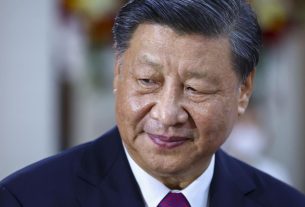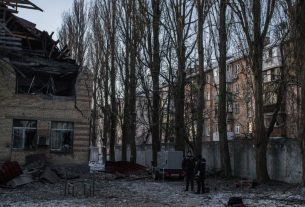Washington, D.C., August 13, 2025 — U.S. President Donald Trump has urged Congress to pass comprehensive legislation aimed at addressing crime across the nation, including a provision to extend federal control over Washington, D.C.’s police force beyond the current 30-day limit.
Speaking at the Kennedy Center following the announcement of the 2025 honorees, President Trump emphasized the need for sustained federal oversight in the capital as part of his broader crime reduction strategy.
“We’re going to be asking for extensions on that, long-term extensions, because you can’t have 30 days,” Trump stated.
🏛️ Legislative Push for Crime Reform
The proposed bill would mark a significant shift in federal-local law enforcement dynamics, particularly in Washington, D.C., where federal control of the Metropolitan Police Department is currently limited to 30 days unless extended by Congress. Trump’s administration has framed the move as essential to restoring safety and order in the capital, which he described as plagued by “crime, bloodshed, bedlam and squalor”.
🔍 Context and Controversy
The call for extended federal control comes amid heightened political debate over crime rates and law enforcement jurisdiction. While some lawmakers have voiced support for stronger federal intervention, others have raised concerns about the implications for local governance and civil liberties.
Trump did not rule out the possibility of invoking a national emergency to bypass congressional approval, stating that such a measure could be considered if legislative efforts stall.
📊 Broader Implications
If enacted, the legislation could set a precedent for federal involvement in local policing, particularly in cities facing elevated crime rates. Trump has suggested that Washington, D.C. could serve as a “beacon” for other urban centers under similar pressure.
The administration is expected to formally present the legislative proposal to Congress in the coming weeks, with debate likely to center on constitutional authority, public safety outcomes, and political oversight.


